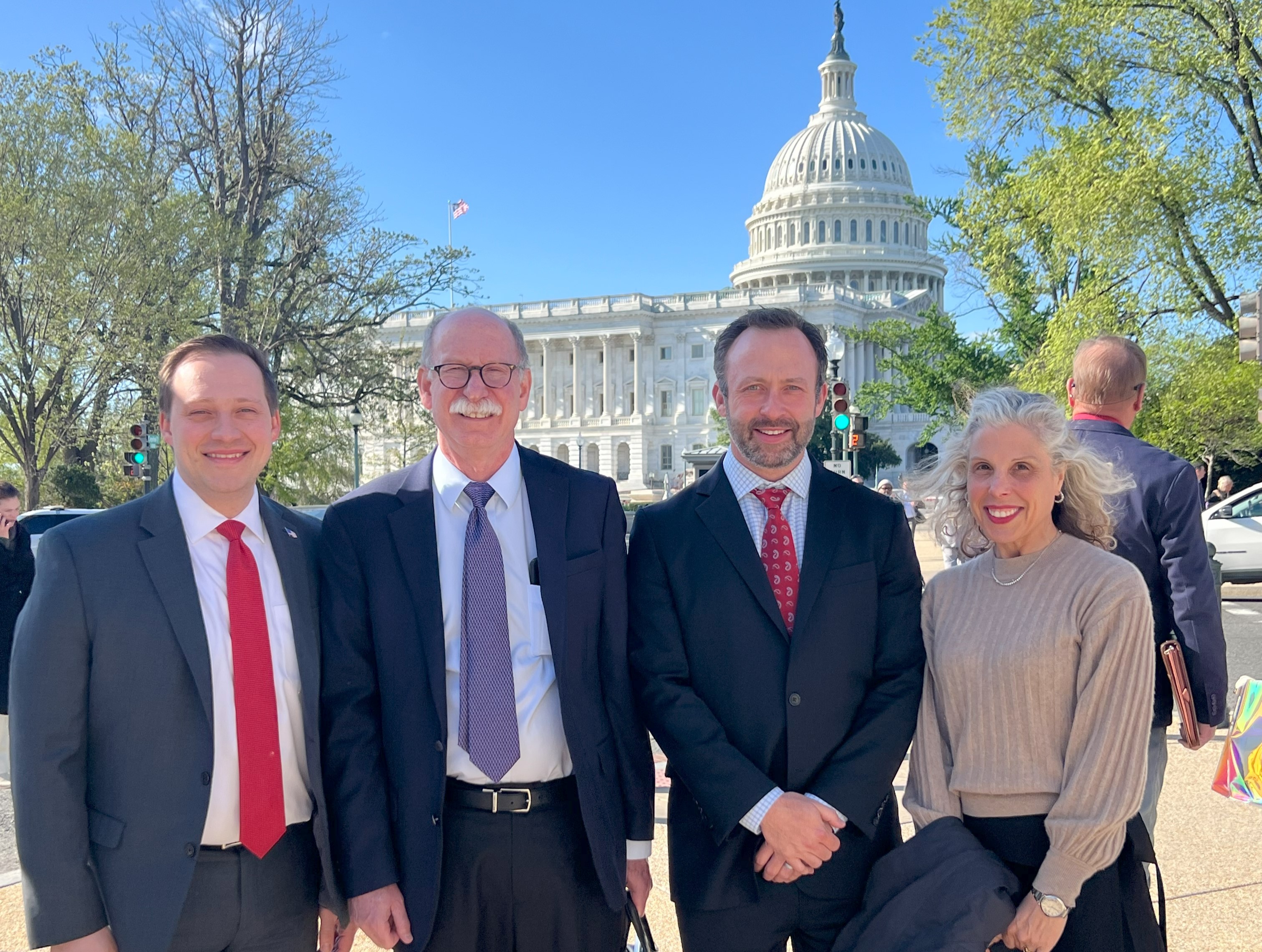|
LUGPA Policy Brief - Medicare Patient Access and Practice Stabilization Act February 2025 Independent medical practices are facing unprecedented challenges. Physicians and their staff are grappling with mounting pressures that hinder their ability to provide essential patient care. Rising operational costs, widespread burnout, heavy administrative burdens, staffing shortages, and ever-changing regulations are straining our healthcare system beyond capacity. The Impact of Medicare Reimbursement Cuts For 2025, CMS has implemented a 2.83% cut to the Medicare Physician Fee Schedule (PFS) conversion factor. These reductions not only threaten healthcare access but also exacerbate physician burnout and jeopardize care for Medicare beneficiaries amidst a national physician shortage. The required cuts by CMS are mandated by statutory restrictions compounded by Congress’s ongoing inaction. Since 2001, inflation-adjusted Medicare physician payments have plummeted by 33%, while medical practice costs have surged by 59%, as reported by the American Medical Association (AMA). Despite a nominal 7% increase in payments during this period, these figures underscore the widening financial disparity between reimbursement rates and the actual cost of delivering care. New Legislation to Stabilize Medicare Payments To address the critical challenges facing physician practices, a bipartisan coalition in the U.S. House of Representatives, led by Rep. Greg Murphy, MD (R-NC), has introduced the Medicare Patient Access and Practice Stabilization Act (H.R. 879). This legislation is designed to provide essential support to physician practices, especially those serving underserved communities, by safeguarding their financial stability. H.R. 879 works to protect physicians from the 2.8% Medicare payment cut scheduled for 2025, ensuring that practices can continue to provide high-quality care to patients. Additionally, the bill includes a 2% inflation update, which, while less than the projected 3.5% inflation rate for medical practices in 2025, will help offset rising costs and strengthen the sustainability of practices across the country. Stable Medicare reimbursement is critical for LUGPA members to deliver high-quality, accessible urological care. Independent practices nationwide are under immense financial strain, jeopardizing essential services for Medicare patients. The Medicare Payment Advisory Commission (MedPAC) supports updating Medicare payments to better reflect the true cost of care, proposing a comprehensive overhaul. The Medicare Patient Access and Practice Stabilization Act is a crucial step toward ensuring the sustainability of physician practices, particularly independent specialty practices like urology. By prioritizing patient access and fair Medicare payment updates, this legislation provides a path to financial stability for practices dedicated to serving our aging population. LUGPA strongly supports these efforts and has joined a coalition urging Congress to reverse the 2.83% Medicare Physician Fee Schedule cut. The coalition's letter emphasizes the financial instability clinicians face and the resulting threats to patient care and access to healthcare, concluding that immediate action is needed in the upcoming March 2025 appropriations bill. LUGPA Policy Brief: Medicare Patient Access and Practice Stabilization ActNovember 4, 2024 Reduced Medicare reimbursement further limits healthcare access, worsening physician burnout and jeopardizing care for Medicare beneficiaries amid a nationwide physician shortage. CMS’s required cuts stem from statutory restrictions, compounded by Congress’s ongoing inaction. Since 2001, Medicare physician payments have dropped by 29% when adjusted for inflation, while healthcare expenses have surged. With CMS’s proposed 2.8% reimbursement cut for 2025 and a forecasted 3.6% increase in practice costs, practices will face an effective 6.4% reduction. New Legislation to Stabilize Medicare Payments In an effort to address this growing issue, a bipartisan group in the U.S. House of Representatives, led by Rep. Greg Murphy, MD (R-NC), has introduced the Medicare Patient Access and Practice Stabilization Act. This vital bill aims to counter the 2.8% cut to the Medicare Physician Fee Schedule (PFS) conversion factor set for 2025. Without this intervention, the reduction and rising expenses threaten the financial viability of independent practices nationwide, particularly in underserved areas. Key Provisions of the Medicare Patient Access and Practice Stabilization Act
Stable Medicare reimbursement is essential for LUGPA members to deliver high-quality, accessible urological care. Practices nationwide face severe financial pressures, threatening critical services for Medicare patients. This bill aligns with LUGPA’s advocacy for fair, inflation-adjusted Medicare payments that allow physicians to focus on patient care, not just financial survival. The Medicare Patient Access and Practice Stabilization Act represents a vital move toward ensuring the sustainability of physician practices, particularly independent specialty practices like urology. By prioritizing patient access and equitable Medicare payment updates, this legislation offers a path to financial stability for practices dedicated to caring for the country’s aging population. LUGPA strongly supports this bill and encourages members to advocate for lawmakers' efforts to champion these reforms. |




